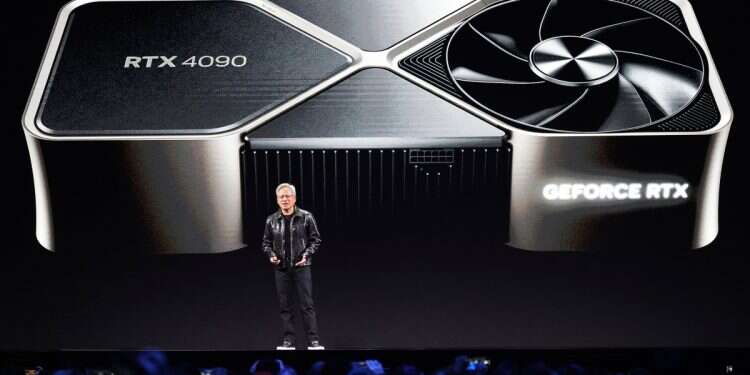NVIDIA once again defied expectations with its fiscal fourth-quarter earnings report released on February 26, 2025, delivering results that surpassed Wall Street's projections and underscored its dominance in the AI and semiconductor markets. The company reported a record-breaking revenue of $39.3 billion for the quarter ending January 31, 2025, exceeding analyst estimates of $38.32 billion, although the adjusted gross margin of 71% was just below expectations (73%).
It is still decelerating, but it also managed to defy the low expectations by the doomsayers. This, only a month after it lost $600 billion in market cap because of DeepSeek (and then recovered most of it). The results confirm its leading status notwithstanding its deceleration, with deliveries of its top-notch Blackwell chip amounting to a whopping $11 billion.
$NVDA | NVIDIA Q4 24 Earnings:
• Revenue: $39.3B (est $38.25B)
• Adjusted EPS: $0.89 (est $0.84)
• Data Center Revenue: $35.6B (est $34.09B)
• Gaming Revenue: $2.5B (est $3.02B)
• Adjusted Gross Margin: 73.5% (est 73.5%)
• Sees Q1 25 Revenue: $43.0B ± 2% (est $42.3B)
•…— LiveSquawk (@LiveSquawk) February 26, 2025
The immediate market reaction showed a choppy after-hours session, but mostly moved about 1% up. Ahead of the earnings report the market activity for puts and calls showed it could move 8% in each direction depending on the earnings. All eyes were on the conference call with CEO Jensen Huang several hours later. Analysts are particularly interested in the company's forward-looking statements, as they will shed light on NVIDIA's strategic direction and its ability to capitalize on the growing demand for AI and data center solutions.
Questions remain as to whether it will no longer have an edge on the inference of large language models, with rivals potentially offering a cheaper alternative to get to that phase of AI data center construction, no longer needing NVIDIA's top-notch GPUs because there won't be a need for large clusters once training is complete.
The anticipation surrounding this event was palpable, as the company's performance has significant implications for the broader technology sector. Over the past year, NVIDIA has experienced remarkable growth, driven primarily by its advancements in artificial intelligence and data center technologies. However, recent market volatility in recent days has brought new urgency to the reporting.

The market's nervousness is not unfounded. NVIDIA's stock has seen substantial fluctuations, particularly in the wake of the DeepSeek AI sell-off, which caused the largest single-day value decline in the company's history. Despite this setback, NVIDIA has managed to recover, but the incident has left investors wary of potential future disruptions. The company's ability to maintain its growth trajectory amidst increasing competition from rivals like Advanced Micro Devices (AMD) and Intel is a key concern.
Adding to the uncertainty is the broader economic landscape. The US economy has been grappling with persistent inflation and fluctuating consumer confidence, which have impacted investor sentiment across various sectors.




